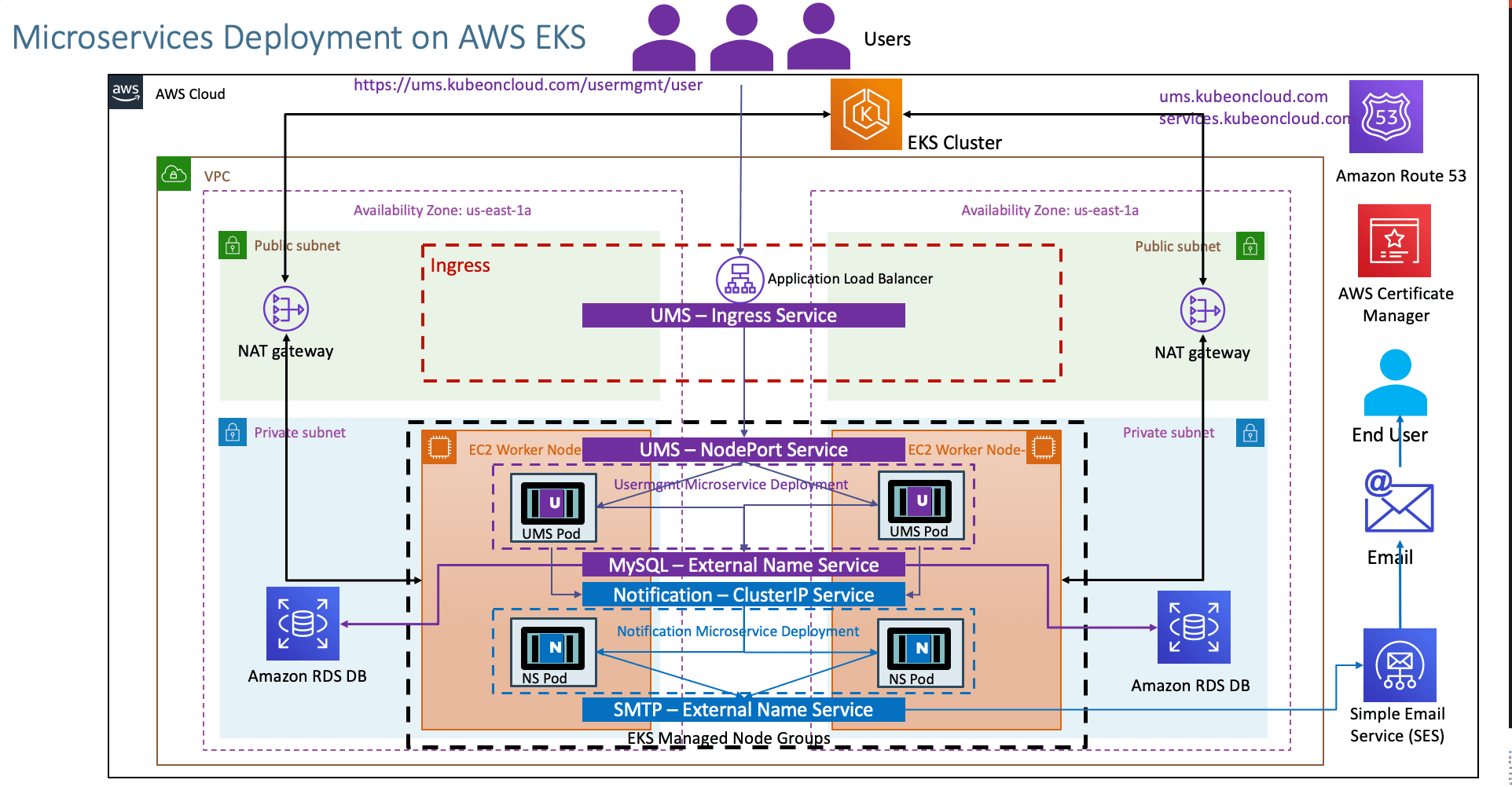
Sudo chown -R $USER $HOME/.kube $HOME/.minikube Sudo mv /home/ubuntu/.kube /home/ubuntu/.minikube $HOME For example, to overwrite your own settings, run: To use kubectl or minikube commands as your own user, you may need to relocate them. Kubectl and minikube configuration will be stored in /home/ubuntu
#Aws docker and kubernetes driver
Most users should use the newer 'docker' driver instead, which does not require root! The 'none' driver is designed for experts who need to integrate with an existing VM > kubelet: 108.01 MiB / 108.01 MiB 100.00% 174.05 MiB p/s 1sĮnabling addons: default-storageclass, storage-provisioner Kubelet.resolv-conf=/run/systemd/resolve/nf Preparing Kubernetes v1.18.0 on Docker 19.03.6. Running on localhost (CPUs=2, Memory=957MB, Disk=7876MB). Starting control plane node in cluster minikube Then, try to start minikube minikube start -driver=none Processing triggers for man-db (2.8.3-2ubuntu0.1).

56919 files and directories currently installed.) Selecting previously unselected package conntrack. The following NEW packages will be installed:Ġ upgraded, 1 newly installed, 0 to remove and 27 not upgraded.Īfter this operation, 104 kB of additional disk space will be used. Sorry, Kubernetes v1.18.0 requires conntrack to be installed in root's path Using the none driver based on user configuration

Minikube supports a -driver=none option that runs the Kubernetes components on the host and not in a VM.įor more info about the "none", please check sudo minikube start -driver=none

Test to ensure the version you installed is kubectl version -clientĬlient Version: version.Info.Download the latest release with the curl -LO `curl -s `/bin/linux/amd64/kubectl.
#Aws docker and kubernetes install
We can follow the instructions from Install and Set Up kubectl. Inspect and manage cluster resources, and view logs. The Kubernetes command-line tool, kubectl, allows us to run commands against Kubernetes clusters to deploy applications,


 0 kommentar(er)
0 kommentar(er)
